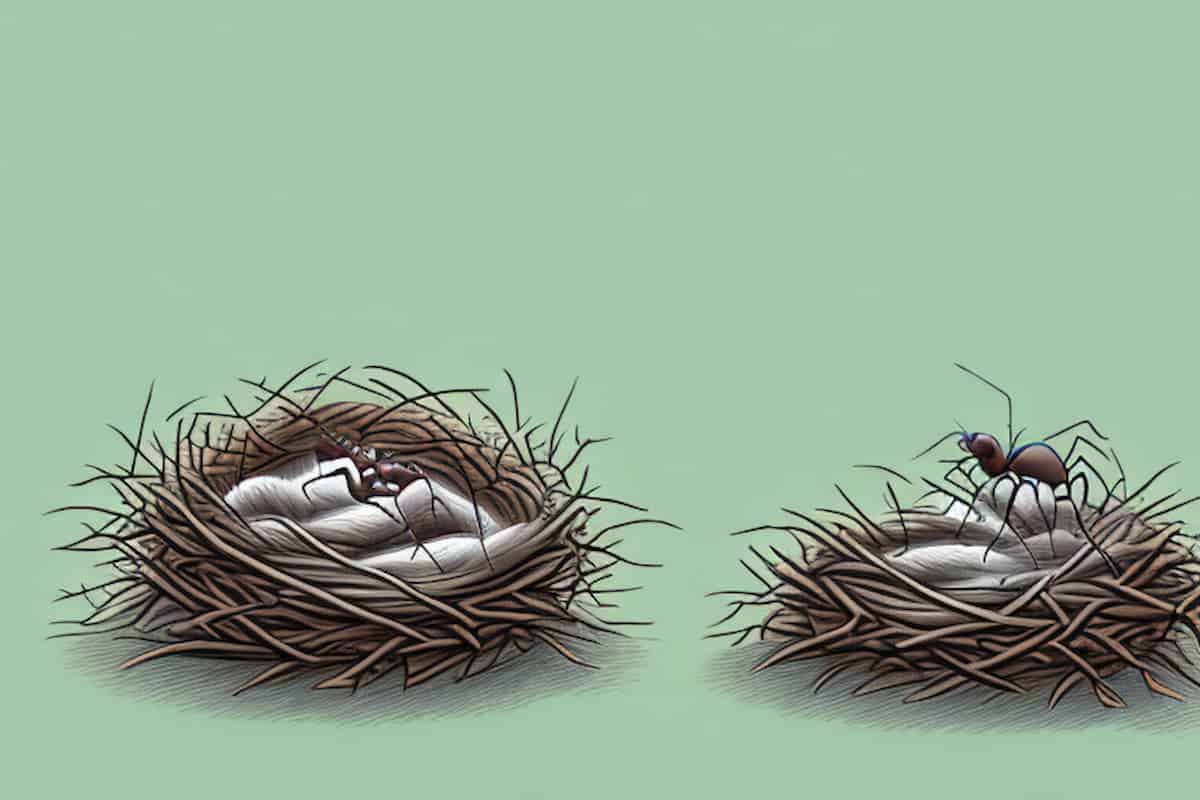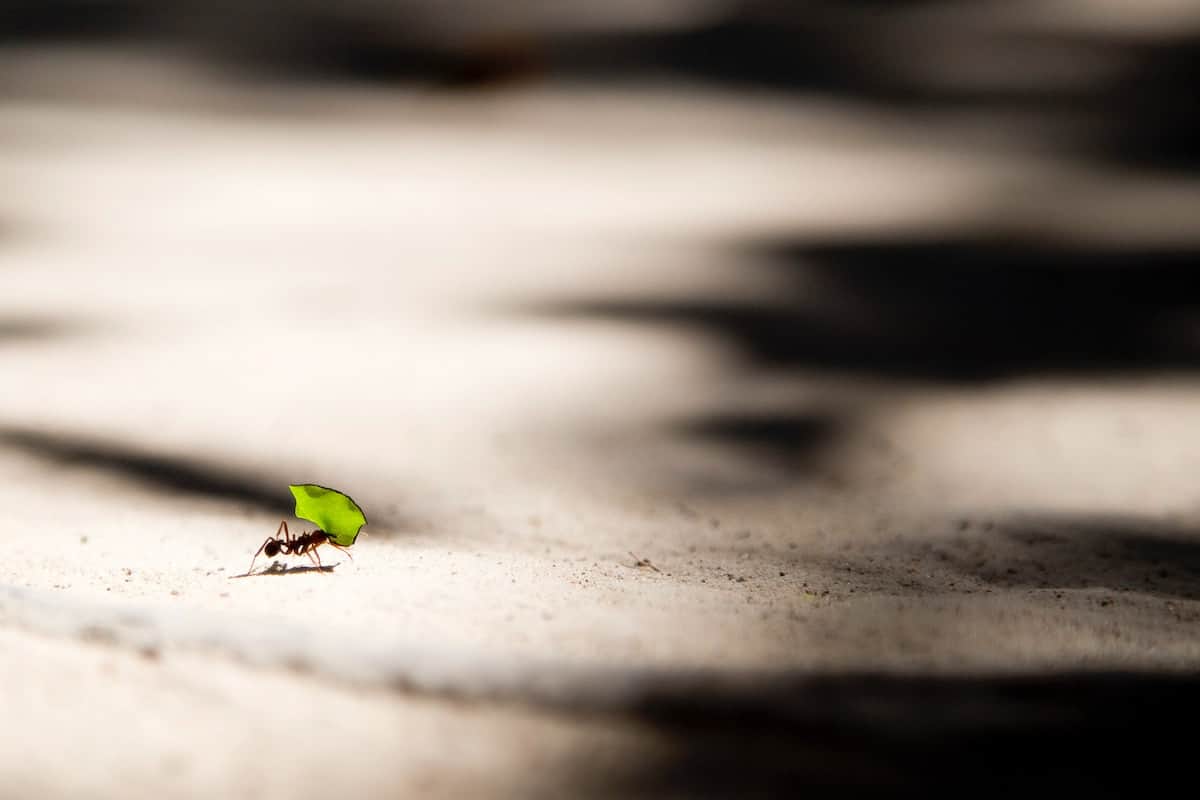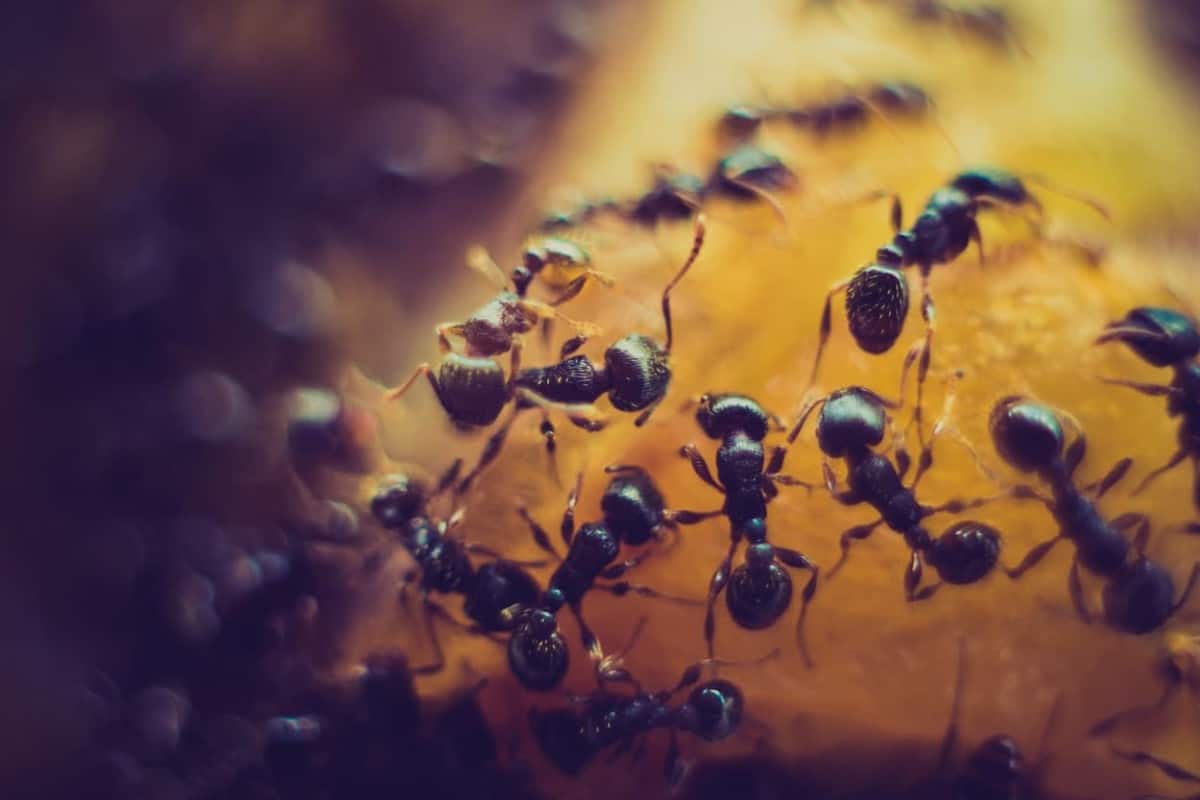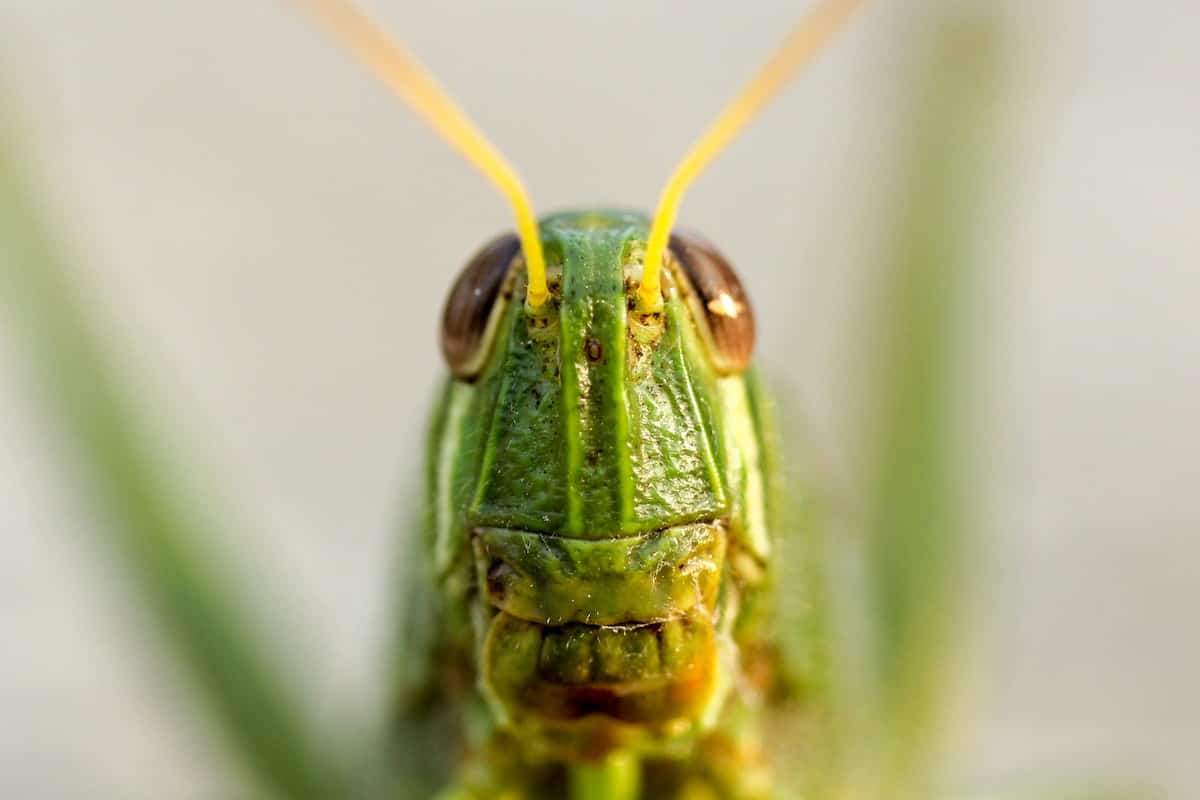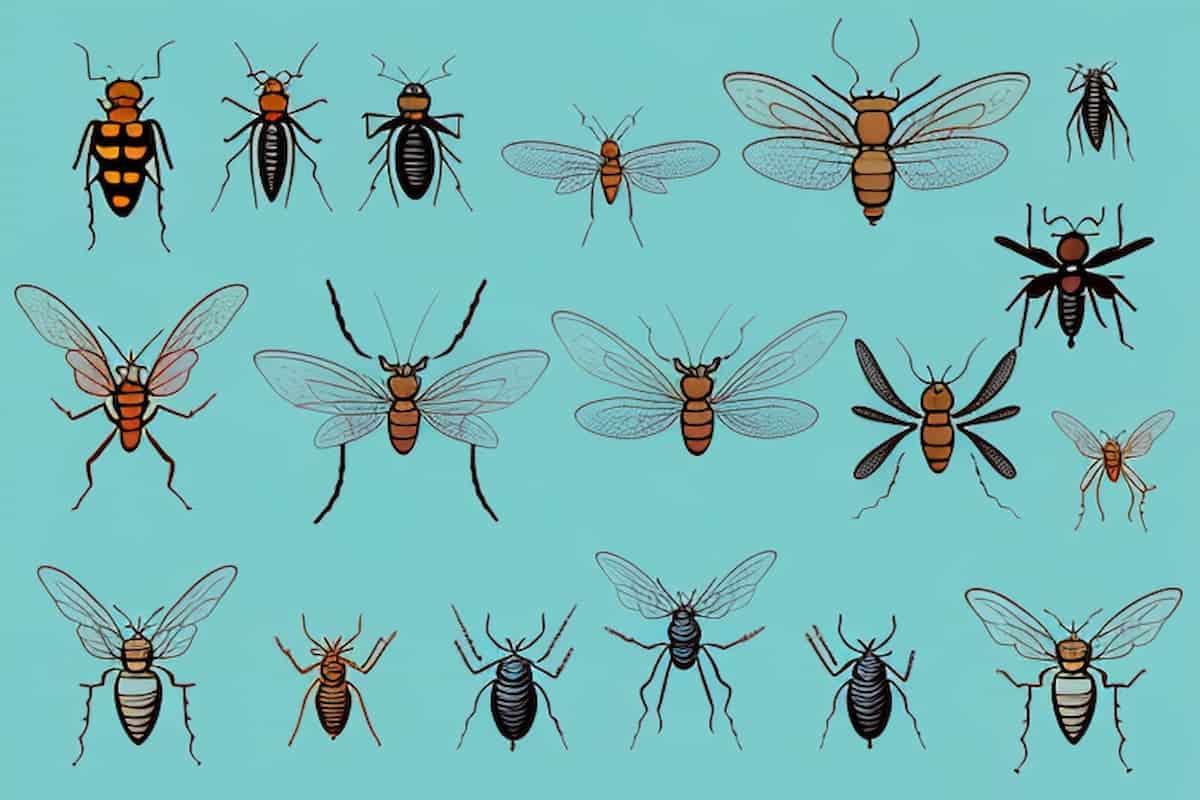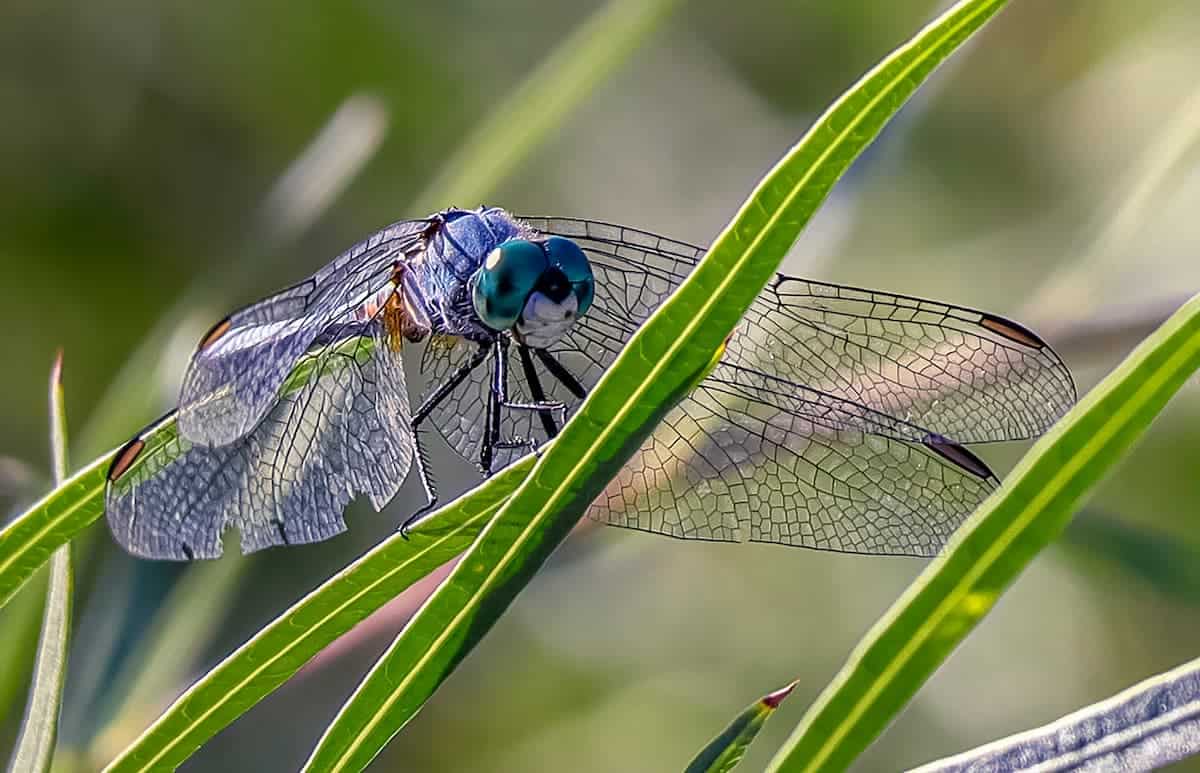Ants are some of the busiest and most important residents of our planet. These fascinating creatures play a vital role in the ecosystem, yet many of us remain largely unaware of their sleep habits. Do ants sleep at night? In this article, we take a closer look at the sleep habits of ants and explore what we know about them.
What Do We Know About Ants and Sleep?
Generally speaking, ants do sleep, but it differs a bit from the typical mammalian sleep cycle. Like humans, they experience periods of rest and movements during which they are more active and productive. However, unlike humans, who typically sleep once or twice a day, ants are diurnal and move around and work during the day, sleeping only at night. It’s important to note that not all species of ants sleep, but those that do typically prefer to do so at nighttime.
The amount of sleep that ants get varies from species to species. Some ants may sleep for as little as a few minutes, while others may sleep for up to 12 hours. The amount of sleep an ant gets also depends on the environment they are in. For example, ants living in colder climates may sleep longer than those living in warmer climates.
How Do Ants Sleep?
We know that ants sleep, but scientists are still learning about how exactly they go about doing so. Current research suggests that ants enter a state of torpor or inactivity, meaning they cease movement and remain still for periods of time as long as several hours. This is not the same as deep sleep, but it allows them to rest and recharge for their next period of activity.
Interestingly, ants have been observed to sleep in different positions, depending on the species. Some ants will sleep standing up, while others will sleep on their sides or even upside down. This is likely due to the different environments they inhabit, as well as the different tasks they need to perform.
What Factors Impact the Sleep Habits of Ants?
A number of external factors can impact the sleep habits of ants, including temperature, light, food availability, and social environment. For example, cold temperatures can affect their ability to move, so ants may become more inactive in colder conditions. Similarly, when food availability is low, they may slow down their activity to conserve energy. Finally, the presence of other ants can affect their behavior as well; when disturbed by other workers, they may modify their activity to avoid confrontation.
In addition, ants may also be affected by the presence of predators. If they sense a threat, they may become more active in order to protect themselves and their colony. Furthermore, ants may also be affected by the presence of other species. For example, if they encounter a species that is a competitor for food, they may become more active in order to secure resources for their colony.
Do Ants Have a Circadian Rhythm?
Scientists have observed that certain species of ants follow a nycthemeral pattern; that is, they have an oscillation cycle throughout the day and night, with periods of activity alternating with periods of inactivity. This suggests that ants do indeed have a circadian rhythm—a biological process by which organisms organize activities in relation to day and night—but it’s still not clear if this is universal among all species.
Recent studies have shown that ants are able to adjust their circadian rhythms to changing environmental conditions, such as temperature and light. This suggests that ants may be able to adapt their behavior to their environment, and that their circadian rhythms may be more complex than previously thought. Further research is needed to better understand the circadian rhythms of ants and how they are affected by their environment.
The Role of Light in the Sleep Habits of Ants
Light has an impact on the sleep patterns of ants, just as it does with other animals. In the dark, ants tend to become more active. This is why many people witness a high level of activity of ants at night. Conversely, in the presence of light, ants will usually become more dormant.
The Impact of Food on Ant Sleep Patterns
Food availability is another key factor affecting the sleeping patterns of ants. When food supplies are plentiful, ants tend to be more active. On the other hand, when food is scarce, they become more sluggish and often take longer breaks between periods of activity. In other words, food availability impacts both the energy levels and sleep habits of ants.
What Are the Benefits of Ants Sleeping?
Like any other animal, ants need rest to allow their bodies to heal and for them to be able to function efficiently. Sleep helps them restore energy levels so that they can go out for active work again. Additionally, sleep is important for memory formation and learning in insects — although this isn’t yet well understood — as well as for regulation of hormones and other bodily processes.
Potential Challenges Associated with Studying Ant Sleep Habits
Despite these advances in understanding ant sleep habits, there are still many challenges associated with studying the behavior of different species. It can be difficult to observe them due to their small size and fast movement. Additionally, since different species have different behaviors and preferences in terms of light or food availability, it’s difficult to generalize about ant sleeping habits across different species.
Summary and Conclusions
Ants are very active creatures that require lots of energy to go about their day-to-day activities. Like humans, they require rest to recharge and carry out their essential duties. To this end, they enter periods of deep activity at night and slow down during the day — although this depends on species as well as external factors such as temperature and food availability.
Researchers are still trying to better understand how exactly ants go about sleeping and whether they have circadian rhythms like other animals. What is certain is that their sleep habits are important for survival, providing rest that allows them to carry out tasks both efficiently and effectively.
